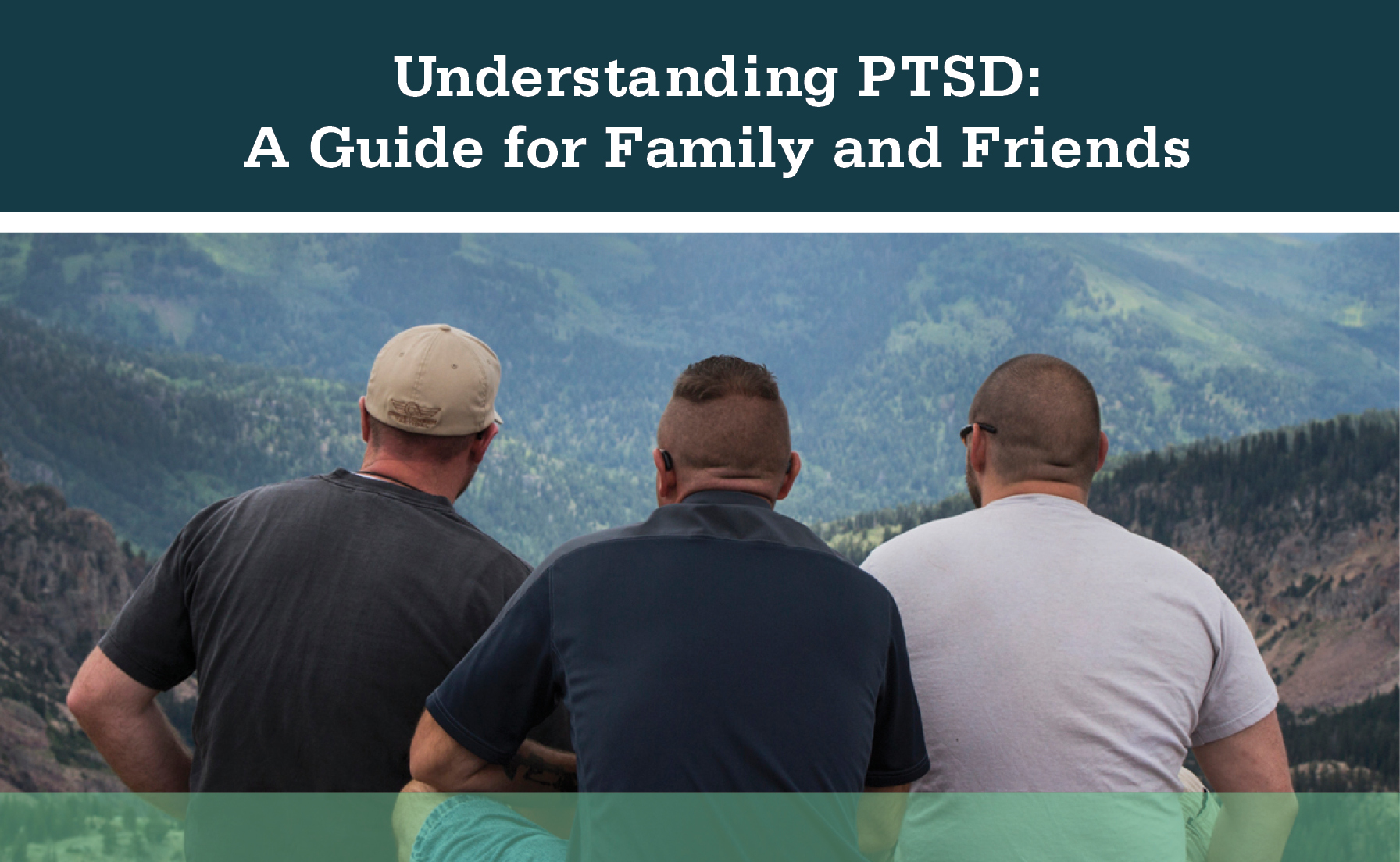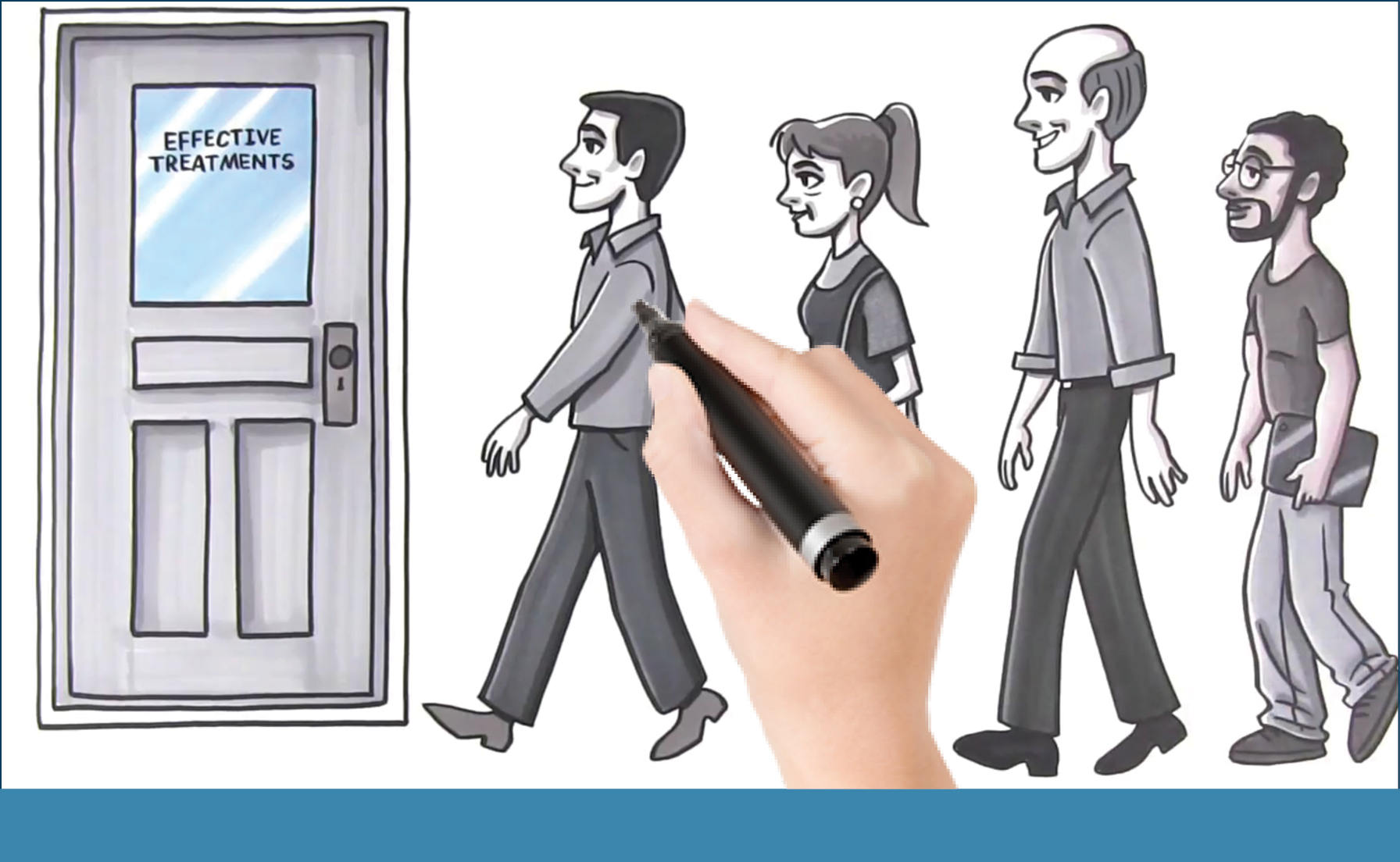“I didn't really have a chance to experience a childhood.”
Olivia Jefferson
Family Member
As a parent with PTSD, you may find that common challenges to parenting feel more difficult. Children may not understand your PTSD symptoms. Your parenting goals can be a part of your PTSD treatment and recovery. Learn how PTSD may affect parenting and tips to work together as a family.
Reading time: minutes
Posttraumatic stress disorder (PTSD) includes a range of symptoms that can affect parenting. Depending on their age, children may notice changes in your feelings and behavior. Your spouse, partner, or co-parent may feel added stress when your symptoms increase. At the same time, parents who have PTSD can learn to work with their family to connect, engage, and communicate.
Parenting stress—like feeling time pressure, financial strain, pressure to protect children—is often more common for someone with PTSD. Also, parents who have PTSD may feel less satisfaction from parenting. At the same time, wanting to be a good parent can be a reason to seek treatment.
Research with military families shows that PTSD symptoms in service members was related to more problems co-parenting. For example, when a service member’s PTSD symptoms were high, it was less likely their partner felt they were united in parenting roles. Military families may have added challenges related to deployment. Deployment requires the whole family to adjust; the remaining parent and children can find the cycle of preparing, absence, and return to be hard. Learn more about how deployment stress affects families.
Just as PTSD symptoms affect other social connections, child-parent relationships may be challenged. As a result, children may sense the distress or emotions of a parent with PTSD in addition to specific PTSD symptoms. The table below reviews the 4 main types of PTSD symptoms along with examples of how they can impact children. The examples are general, and experiences may differ based on age of the child.
| PTSD Symptom | Examples of how this may impact children |
|---|---|
| Unwanted reminders of the event, or reliving it |
|
| Avoiding reminders of the event |
|
| Negative thoughts and feelings, or unable to feel positive emotions |
|
| Feeling “on guard” or reactive |
|
Overall, when a parent has PTSD, it can lead to child distress and behavior changes. Research is also looking at the risk of parents “passing PTSD on” to children (called “intergenerational” trauma). Children may learn behaviors resulting from a parent’s PTSD symptoms. Or children may develop PTSD symptoms in reaction to learning the details of a trauma their parent experienced.
Despite the chance that a parent’s PTSD symptoms will impact a child in negative ways, parents who have PTSD are able to work through challenges. PTSD treatment can bring a family together and children are resilient with support.
It can be helpful to talk about PTSD with children if they are at an age to understand. You don’t need to share everything at once. Kids likely notice the stress and emotions, so it can be helpful to create time for them to ask questions as well. Here are a few tips:
If it is difficult for your family to talk about PTSD, or to communicate in general, consider seeing a family therapist. Family therapy is a safe place to learn how to share what you are feeling and experiencing. With a family therapist, you can also learn how to support each other. You can also talk with your own mental health care provider about how to best talk to your children.
Being a parent can be wonderful, even with the stress that comes from daily challenges. PTSD can make parenting more difficult. Children may not understand the impact of your PTSD symptoms on your relationship with them. The good news is there are PTSD treatments that work. Your goals as a parent can be a focus of your recovery plan.
You May Also Be Interested In

What you need to know to help yourself and your loved one with PTSD.

Watch this video on the best treatments for PTSD.